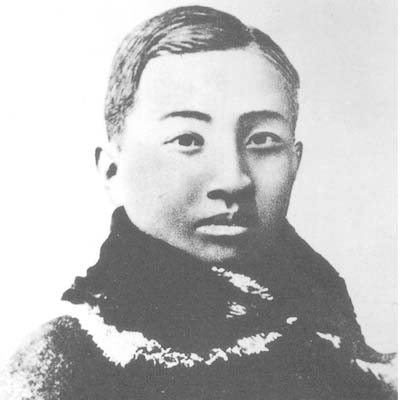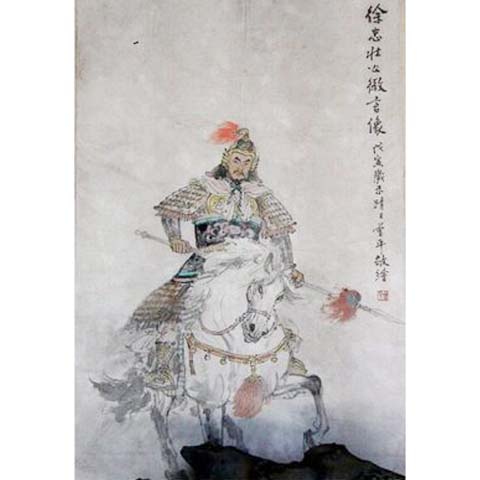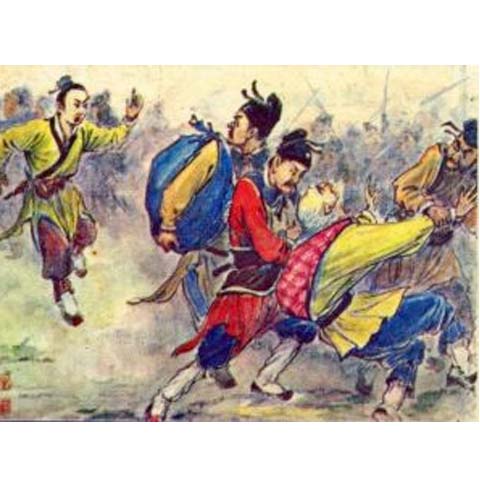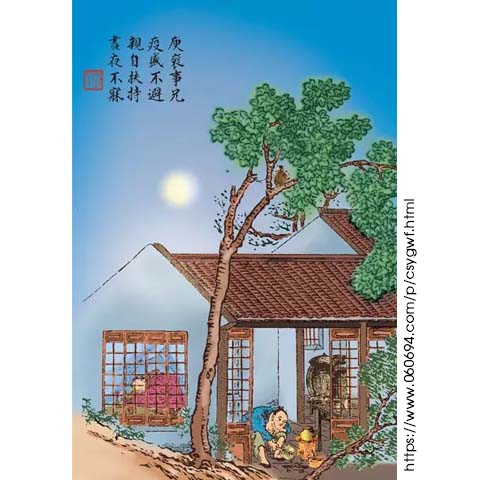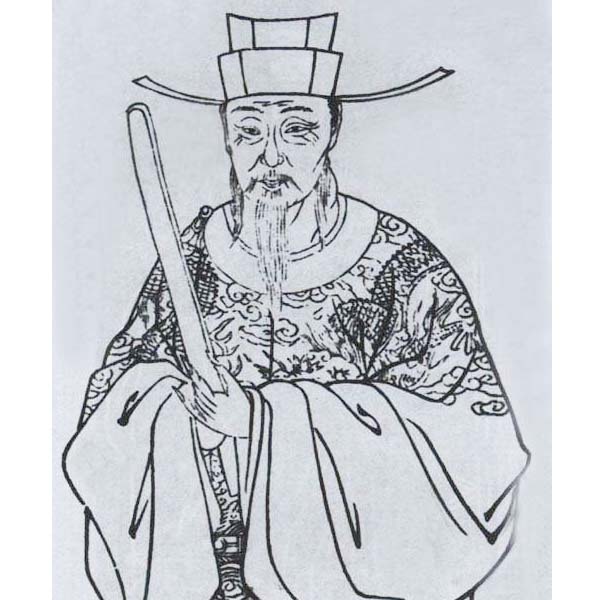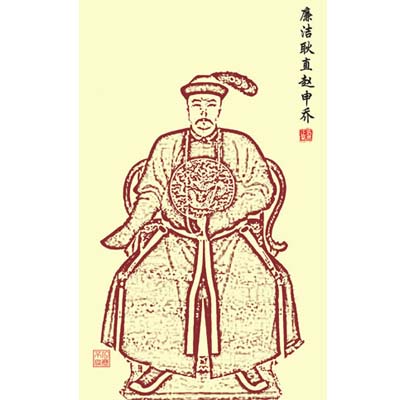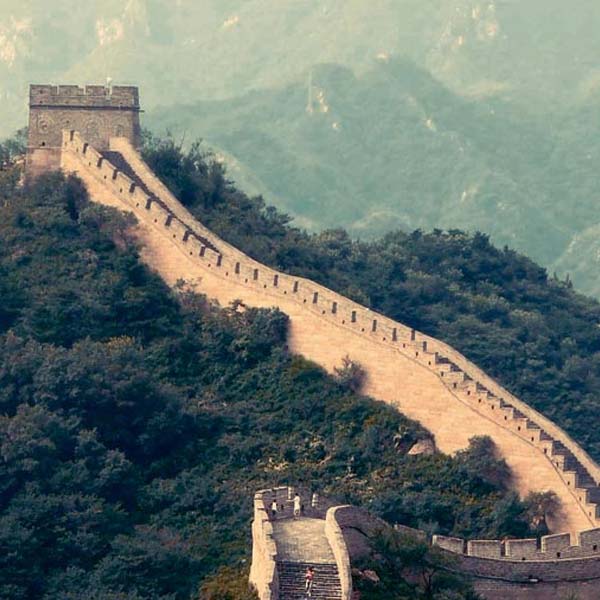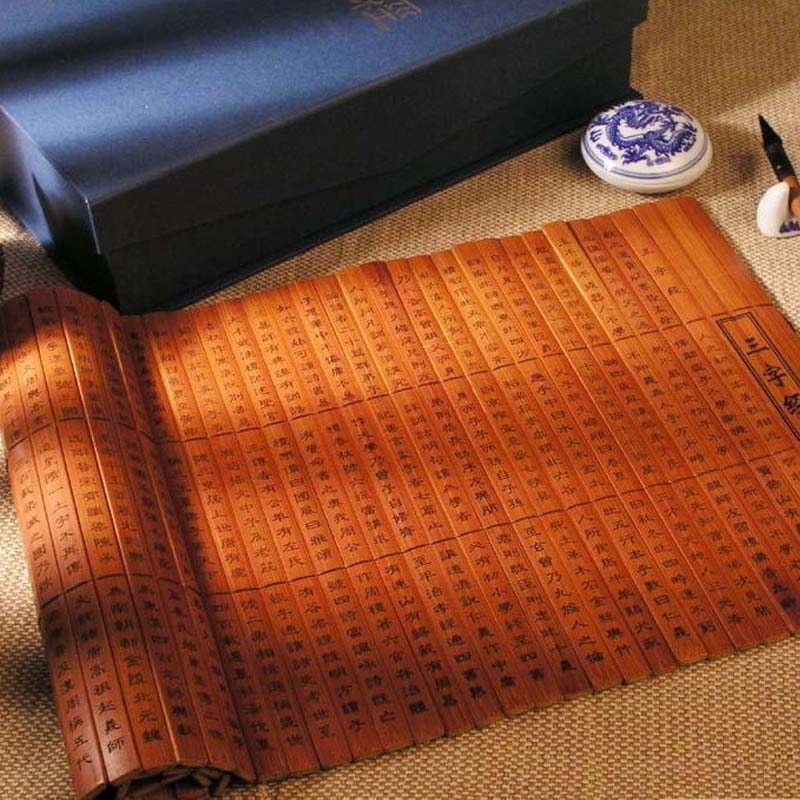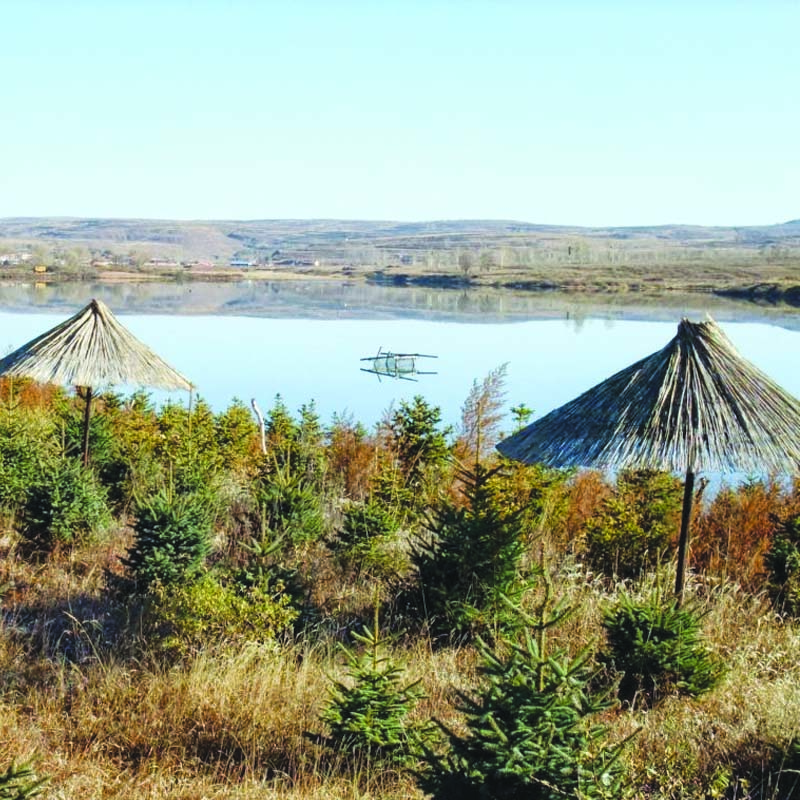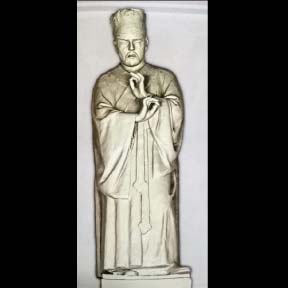Peng Jia Zhen (彭家珍) of Jin Tang (金堂) municipality in Sichuan (四川) province enrolled in the Sichuan Defense Preparation School to specialize in the armed forces and armaments. He joined the Chinese Tong Meng Hui (同盟會), a revolutionary organization against the Manchu Dynasty formed by Sun Yat-sen in Tokyo, Japan. His father wrote him several […]
